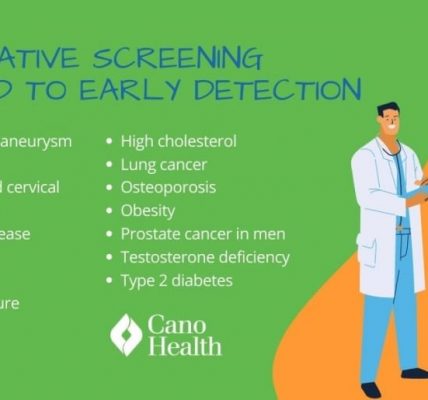Longevity research is a rapidly evolving field that seeks to understand the mechanisms of aging and develop interventions to extend human lifespan and healthspan. While significant progress has been made, the ultimate goal of indefinite lifespan remains a complex challenge.
Key Areas of Longevity Research
- Caloric Restriction: Studies have shown that reducing calorie intake can extend lifespan and improve health in various organisms. Caloric restriction mimics the effects of fasting and can activate cellular repair mechanisms.
- Telomere Research: Telomeres, the protective caps at the ends of chromosomes, shorten with age. Researchers are exploring ways to lengthen telomeres or slow their shortening to delay aging.
- Senescent Cell Clearance: Senescent cells are old cells that stop dividing but remain metabolically active. Strategies to eliminate these cells may slow aging and age-related diseases.
- Mitochondrial Health: Mitochondria, the “powerhouses of the cell,” play a crucial role in aging. Researchers are investigating ways to improve mitochondrial function to enhance cellular energy production and reduce oxidative stress.
- Stem Cell Therapy: Stem cell therapy holds promise for repairing damaged tissues and organs. Researchers are exploring the potential of stem cells to rejuvenate aging tissues and organs.
- Genetic Interventions: Genetic engineering and gene therapy offer the potential to target specific genes involved in aging and disease.
Challenges and Ethical Considerations
While there is significant potential for breakthroughs in longevity research, several challenges remain:
- Complex Biological Processes: Aging is a complex process involving multiple biological pathways.
- Ethical Considerations: Extending lifespan raises ethical questions about resource allocation, population growth, and the quality of life in old age.
- Unintended Consequences: Interventions that target aging may have unforeseen side effects.
Despite these challenges, ongoing research offers hope for a future where we can live longer, healthier lives. By understanding the underlying mechanisms of aging, scientists may be able to develop effective interventions to extend human lifespan and improve quality of life.
Would you like to know more about specific longevity research or the potential impact of these advancements on society?




